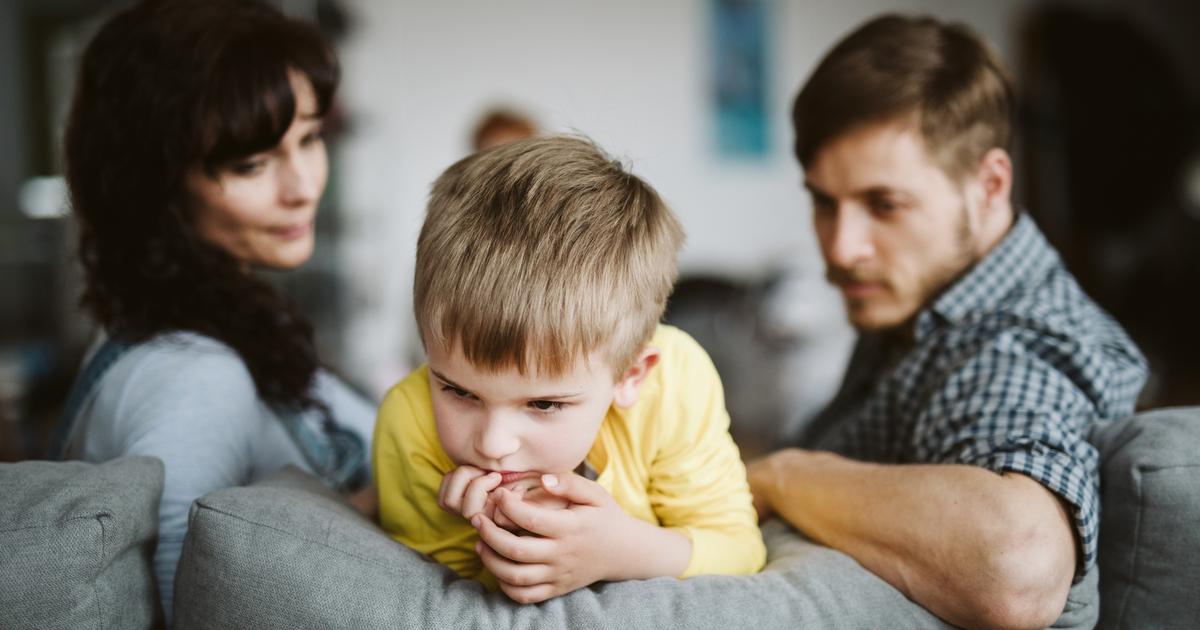Psychologist specializing in children and adolescents, Jean-Luc Aubert runs the YouTube channel "Questions de psy".
LEFIGARO. - The SOS Amitiés barometer reveals that calls from under 14s are up 40%. What does this figure tell us?
Jean-Luc AUBERT. - This increase does not surprise me, in the climate of generalized anxiety of our society, which inevitably rubs off among adolescents and children. As for the approach itself, the new generations have an ease in the relationship with others, with adults in particular, which makes it easier for them to ask for help. Help that is neutral and external, other than that of parents.
This decomplexion is rather positive. Not to mention, from a very practical point of view, access to the laptop. This bias makes it possible to modulate the explosion of calls. This does not necessarily mean that they are inherently more anxious.
Psychologists and psychiatrists have been numerous to warn of a wave of malaise among young people after Covid. Should this be linked to the lockdown period?
The Covid episode has been very complicated for young people. The period of adolescence is precisely a time of relationship with others, of leaving the family cocoon, where we open up to the outside. During these two years, social networks have been life-saving to keep the link. I can't imagine what it would have been like without... But I would say that this painful parenthesis of confinement has been a penalizing factor in a climate of more generalized anxiety. The pandemic certainly cannot be blamed for destroying a generation.
So what is the reason for this peak of anxiety, in your opinion?
It is due to a very anxiety-provoking context linked to a multiplication and dramatization of information. The characteristic of children and teenagers is that they live in the present moment, and react to the immediate. However, today's information multiplies warnings about the future: drought, climate,... We are imposing an idea of the future that is not cheerful at all. Teenagers massively seize this information through social networks. As a result, I hear thoughts I didn't hear before, such as: "Do I want to have children later?" They are forced to project themselves into a dark future, which is not at all in their mode of operation.
Do children react differently than teenagers?
Yes, necessarily, because the child perceives the world essentially through what his parents transmit to him. If he is lucky enough to have a serene family environment, where things are posed and put into perspective, there will be no incidents. On the other hand, if the climate of social anxiety is experienced by parents, the child feels it much more. It mirrors parental anxiety.
The teenager is different. He opens up to the outside, driven by his sexual impulses and his desire to emancipate himself from his parents. Intellectually, he is able to take a step back... But society does not spare him.
Will this trend of malaise among young people increase over time?
It is up to us. Instead of an observation of powerlessness and dramatization, we must present them with a more positive discourse, show that we can adapt gradually, find solutions.
The carelessness of childhood in the face of the future makes it possible to arrive in adult life with a natural dynamic that pushes to create. By imposing on them the future, which is also not terrible, we risk breaking an essential dynamic, because this momentum of youth is creative for society.








